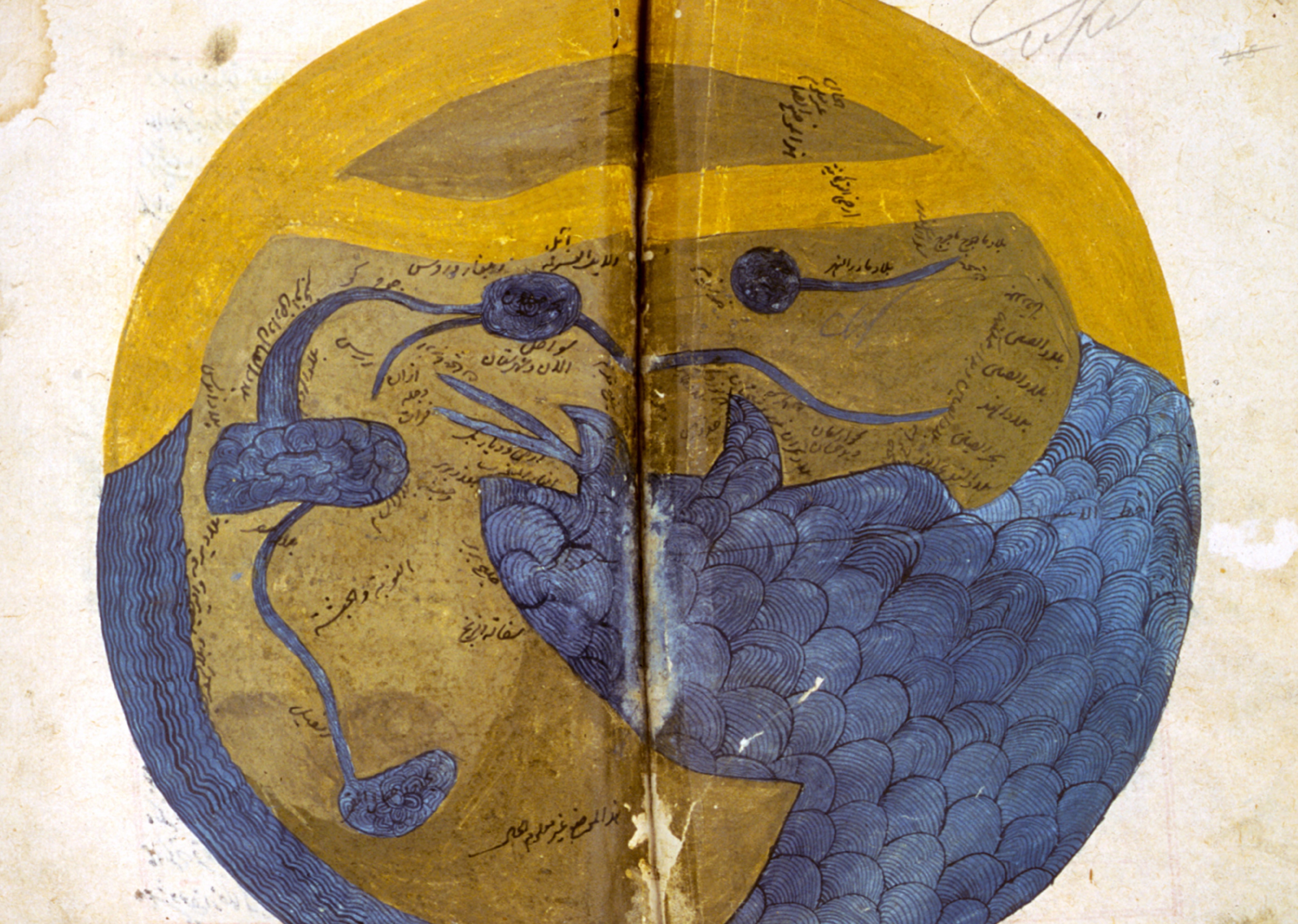The oddities of existing things

Between the eighth and thirteenth centuries, Islamic thinking and literature was at its height, and one text in particular attempted to catalogue life, the universe and everything
Published 2 October 2019
The 13th century physician and astronomer Zakariya ibn Muhammad al-Qazwinin was an influential member of the literary circles in Iraq and advisor to the Mongol Governor of the area.
One of his major works is the Wonders of Creation, a kind of compilation of the knowledge of the universe, says Dr Stefano Carboni, lecturer in Islamic Art at the University of Western Australia and 2019 Macgeorge Fellow at the University of Melbourne.
“Starting from the outer spheres where the throne of God is found and then coming down to the sphere of the angels, the fixed stars, the planets, the sub-lunar sphere and then everything that happens on earth. That includes the sphere of air, so all the phenomena – the atmospherical phenomena that happen in our skies.”
Professor Carboni explains that the majority of books in the 13th century would be illustrated scientific manuscripts, or even works of Arabic literature that looked very much in the tradition of late Byzantine art. And when the Mongols arrived they brought the Chinese edition.
“It’s an incredibly important period in the formation of the - of art history, basically, in Iran.”
Episode recorded: September 5, 2019.
Interviewer: Dr Andi Horvath.
Producer, editor and audio engineer: Chris Hatzis.
Co-production: Silvi Vann-Wall and Dr Andi Horvath.
Banner: A map of the inhabited world, from Ajaib al-makhluqat wa-gharaib al-mawjudat (Marvels of Things Created and Miraculous Aspects of Things Existing) by al-Qazwini (d. 1283/682). The copy was made in 1537/944, probably in western India. Universal History Archive/Universal Images Group via Getty Images.
Subscribe to Eavesdrop on Experts through iTunes.

